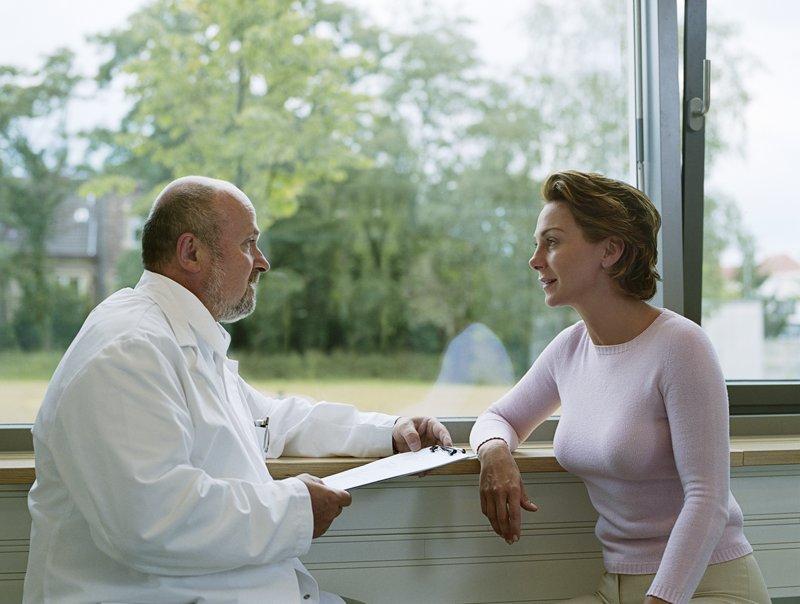Egypt 24h Call Center
20-19154
KSA 24h Call Center
966-920003055
Kuwait 24h Call Center
965-22413385
Lebanon 24h Call Center
961-1504000
Morocco Call Center
212-522950433
Qatar 24h Call Center
974-44341057
Tunisia Call Center
216-70029520
UAE / Intl. 24h Call Center
971-4 2708800
Oman 24h Call Center
968-24660944
Bahrain 24h Call Center
80001151


